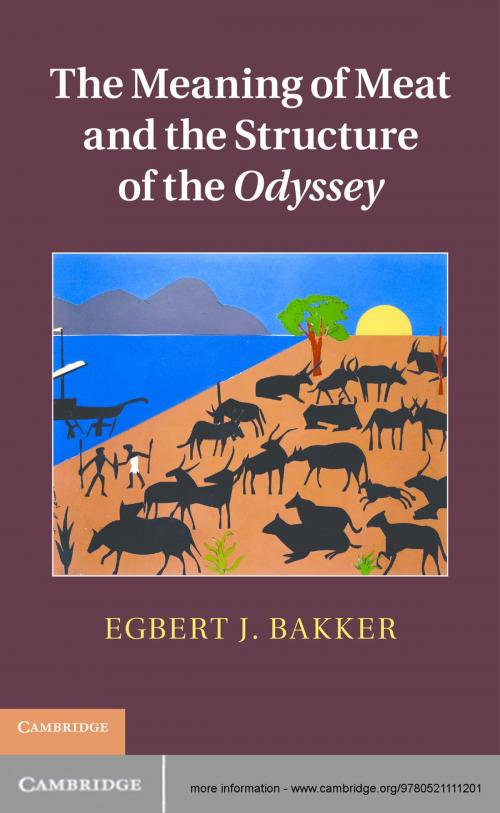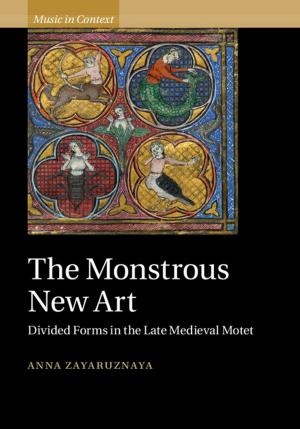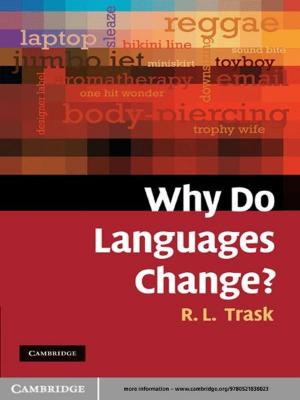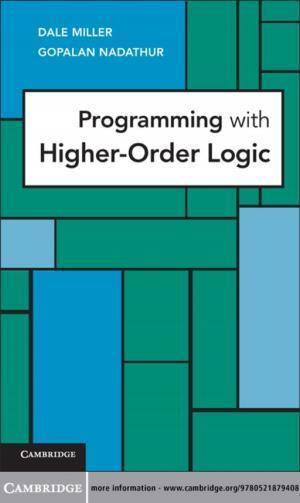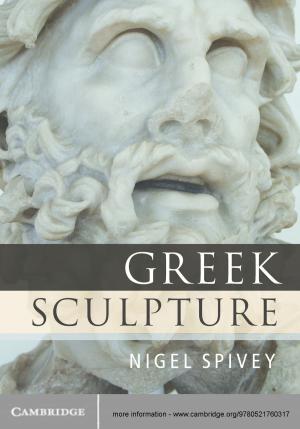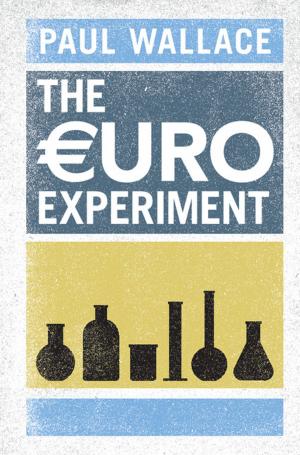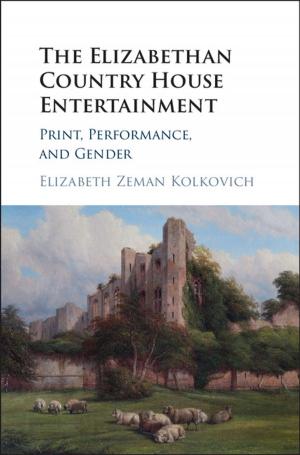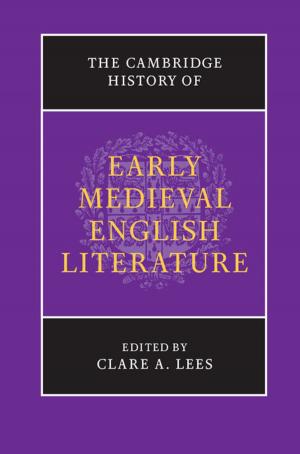The Meaning of Meat and the Structure of the Odyssey
Nonfiction, History, Ancient History, Fiction & Literature, Literary Theory & Criticism, Social & Cultural Studies, Social Science| Author: | Egbert J. Bakker | ISBN: | 9781107356931 |
| Publisher: | Cambridge University Press | Publication: | April 18, 2013 |
| Imprint: | Cambridge University Press | Language: | English |
| Author: | Egbert J. Bakker |
| ISBN: | 9781107356931 |
| Publisher: | Cambridge University Press |
| Publication: | April 18, 2013 |
| Imprint: | Cambridge University Press |
| Language: | English |
This comprehensive study of the Odyssey sees in meat and meat consumption a centre of gravitation for the interpretation of the poem. It aims to place the cultural practices represented in the poem against the background of the (agricultural) lived reality of the poem's audiences in the archaic age, and to align the themes of the adventures in Odysseus' wanderings with the events that transpire at Ithaca in the hero's absence. The criminal meat consumption of the suitors of Penelope in the civilised space of Ithaca is shown to resonate with the adventures of Odysseus and his companions in the pre-cultural worlds they are forced to visit. The book draws on folklore studies, the anthropology of hunting cultures, the comparative study of oral traditions, and the agricultural history of archaic and classical Greece. It will also be of interest to narratologists and students of folklore and Homeric poetics.
This comprehensive study of the Odyssey sees in meat and meat consumption a centre of gravitation for the interpretation of the poem. It aims to place the cultural practices represented in the poem against the background of the (agricultural) lived reality of the poem's audiences in the archaic age, and to align the themes of the adventures in Odysseus' wanderings with the events that transpire at Ithaca in the hero's absence. The criminal meat consumption of the suitors of Penelope in the civilised space of Ithaca is shown to resonate with the adventures of Odysseus and his companions in the pre-cultural worlds they are forced to visit. The book draws on folklore studies, the anthropology of hunting cultures, the comparative study of oral traditions, and the agricultural history of archaic and classical Greece. It will also be of interest to narratologists and students of folklore and Homeric poetics.
